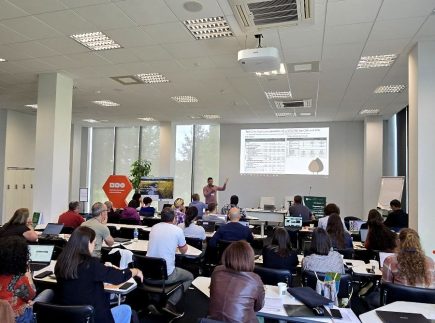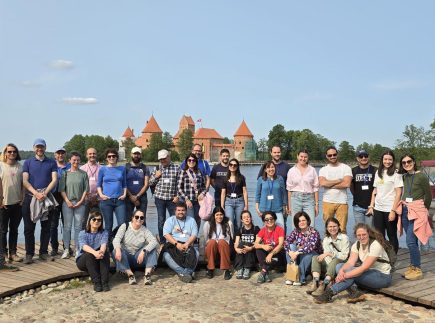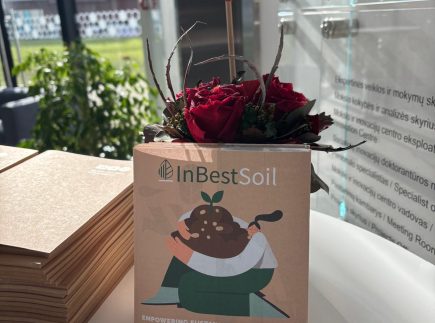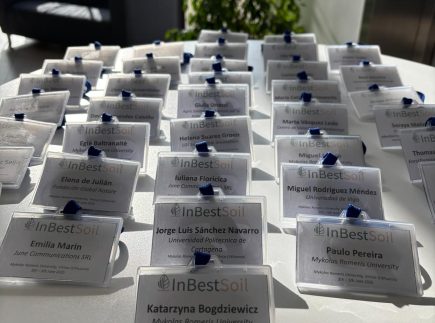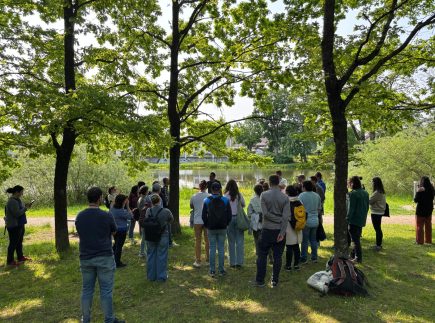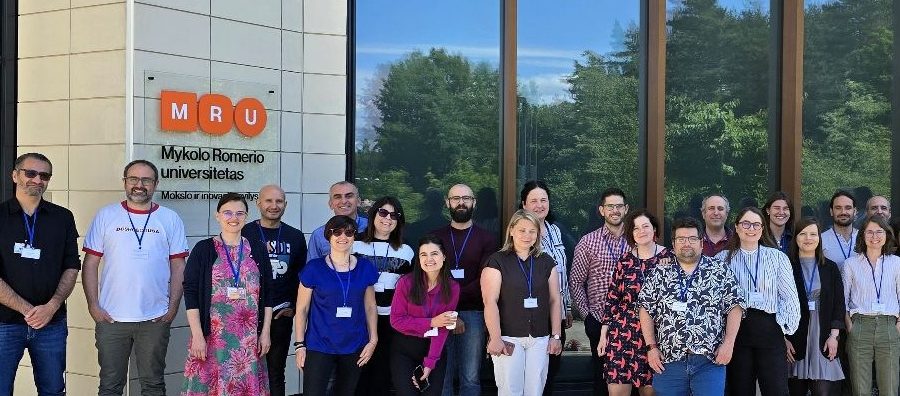
On June 3, the Environmental Management Laboratory at Mykolas Romeris University became the venue for the opening of the international project “InBestSoil” General Assembly – an event that brings together leading scientists, environmental experts, and policy-makers from across Europe. The goal is as ambitious as the project itself: to explore how soil health can become a visible economic priority.
Soil degradation in Europe is accelerating. More than half of European soils suffer from pollution, erosion, or compaction. Climate change projections suggest that conditions will worsen further, and the economic consequences are already severe – around €50 billion are lost annually due to declining soil quality. Yet, despite its critical role, soil health remains an abstract concept, rarely factored into economic or policy decisions.
That is what “InBestSoil” aims to change. Funded by the European Commission, the project is developing an economic valuation model to integrate soil health into decision-making at both business and policy levels. Data, empirical models, and valuation tools will be used to justify investments in soil preservation and restoration.
The three-day event (June 3–5) features progress reports, hands-on collaboration workshops, and a local case study visit in Vilnius. At the heart of the agenda lies a pressing question: how to move from well-intentioned declarations to tangible action?
The project is grounded in the principles of open science and cross-sector collaboration. It involves researchers, business representatives, policy-makers, and local communities – all working together to create a system in which ecosystem services provided by healthy soils – from carbon sequestration to flood risk reduction – are properly valued and integrated into decision-making processes.
As one of the project’s academic partners, MRU plays a central role in shaping this shift. Researchers from its Environmental Management Laboratory are contributing to model development, data analysis, and interdisciplinary dialogue. The expected outcomes are intended for application not only at the national level but across Europe – informing both policy frameworks and business strategies.
Soil is not just the ground beneath our feet. It is the foundation of life, a condition for climate resilience – and, as “InBestSoil” suggests, perhaps a long-overlooked form of economic capital.

